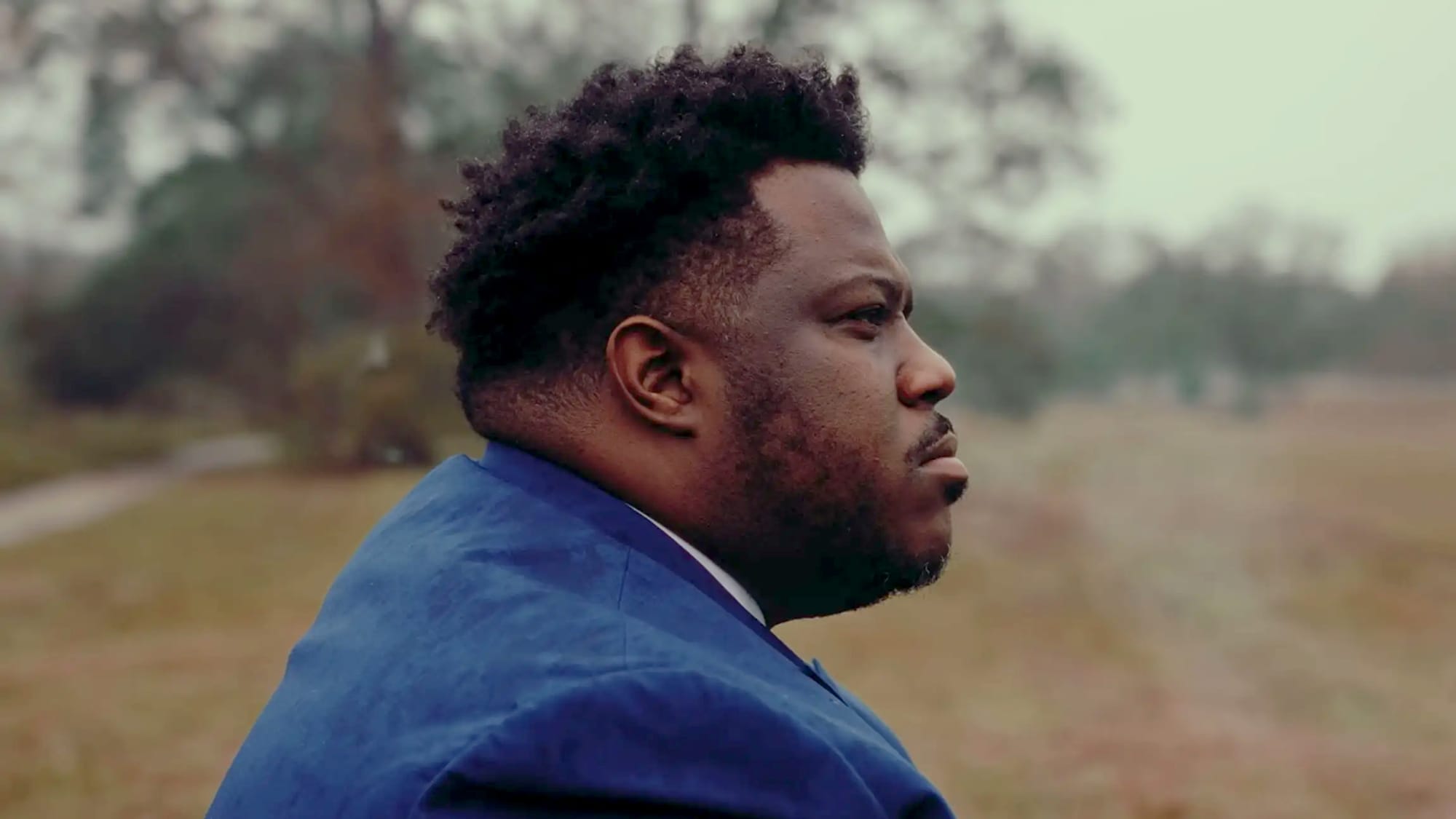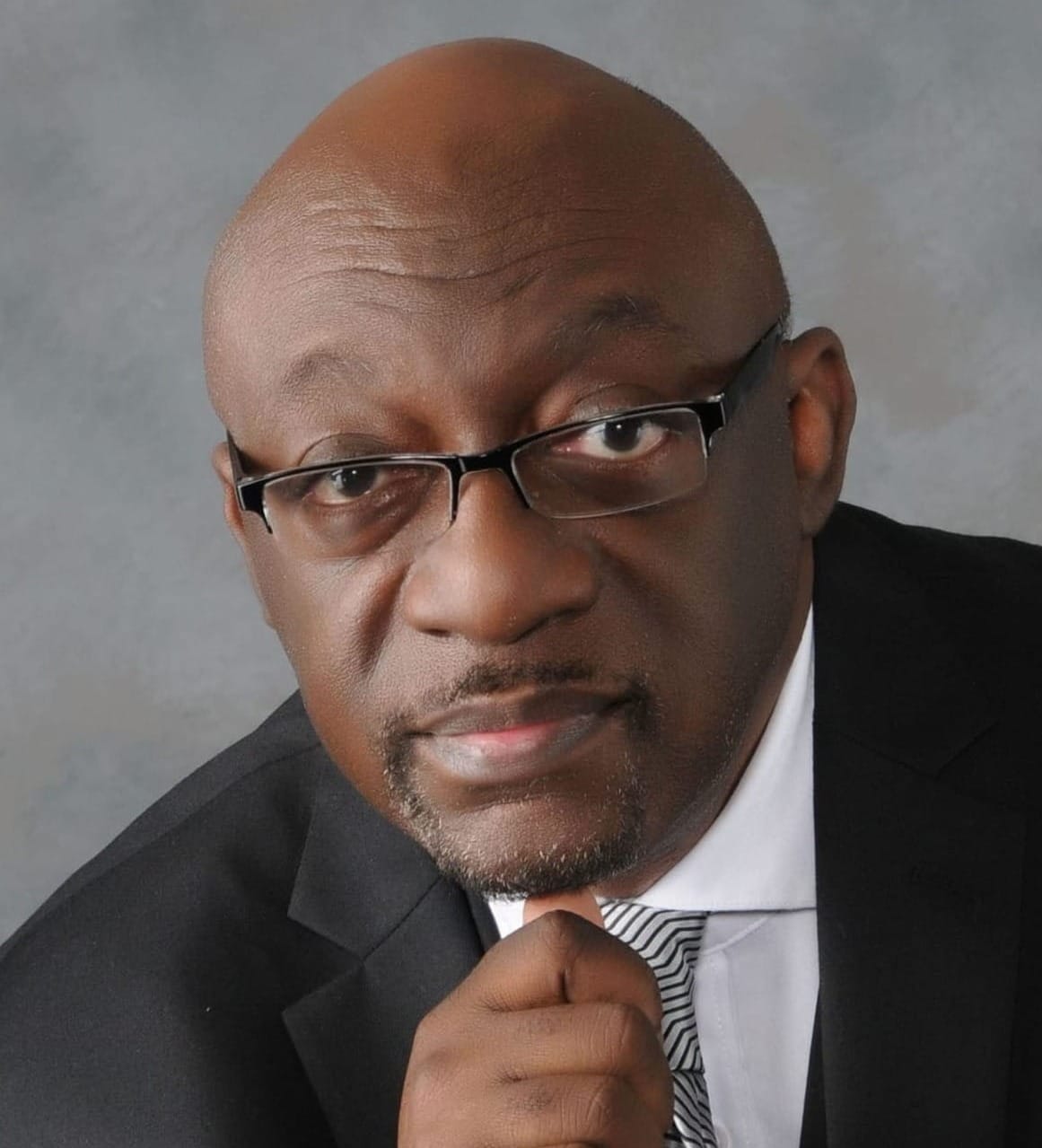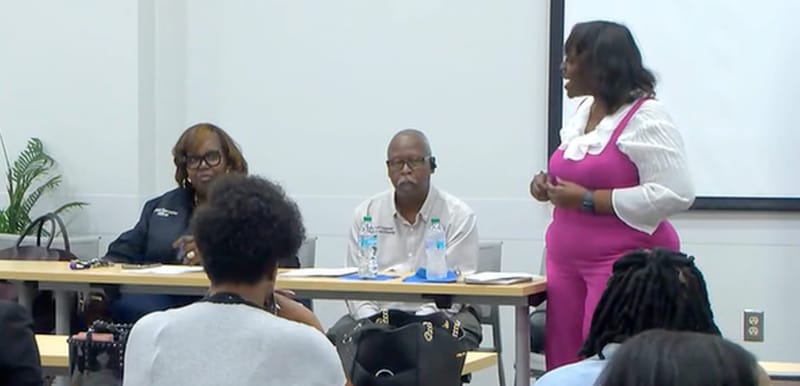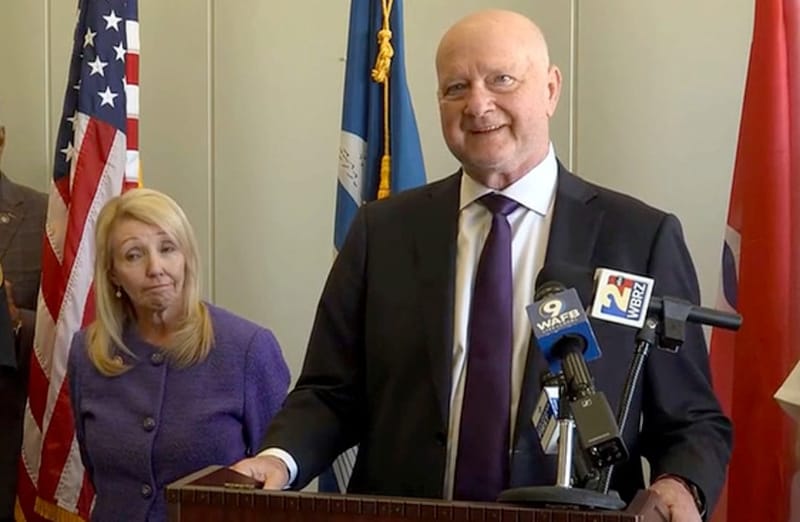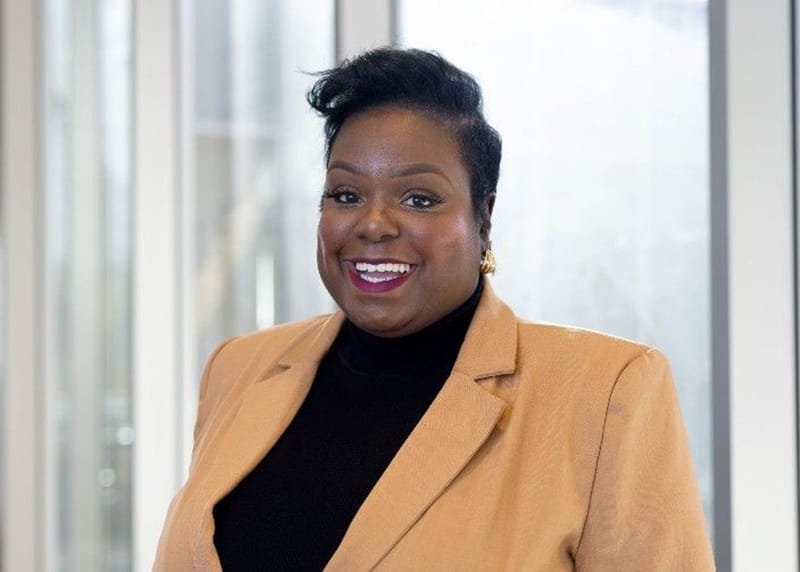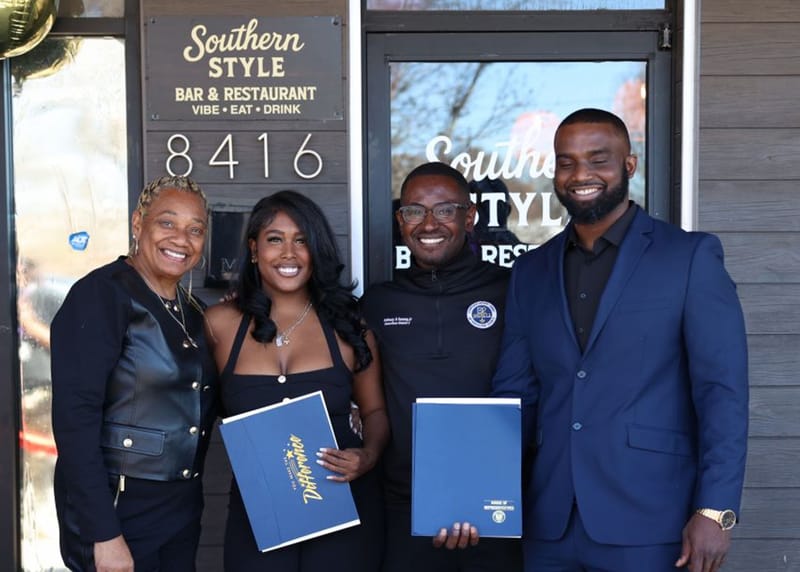Gary Chambers Speaks Out Alone as Baton Rouge Quietly Approves Police Reality Show Deal
The 7–5 vote authorizes BRPD to partner with Half Moon Pictures LLC through May 2026, giving camera crews access to live police activity across the city.
Baton Rouge, La. — In a little-publicized vote, the Baton Rouge Metro Council on Wednesday approved a contract allowing the Baton Rouge Police Department to participate in the reality television series On Patrol: Live. The 7–5 vote passed with no public outreach and only one resident rising to speak in opposition: community activist Gary Chambers.
“There are more than 200,000 Black people in East Baton Rouge Parish,” Chambers said. “And not one of them — except me — knew this was happening. That should tell you everything.”

The deal grants production company Half Moon Pictures LLC access to film BRPD officers during real-time patrols and police responses through May 2026. The department will receive licensing compensation in exchange. Filming is expected to begin later this year.
Chambers, a well-known advocate for racial justice and police accountability, criticized the process as deliberately excluding the public and warned the show could exploit Black communities already heavily impacted by policing.
“This didn’t spark concern — because people didn’t even know,” he said. “It wasn’t a debate. It was a decision made in silence.”
Chief Morse Expresses Support
Baton Rouge Police Chief Thomas “T.J.” Morse spoke briefly during the council meeting, expressing strong support for the project. He acknowledged that while the item had only been on the agenda for two weeks, he had been researching the show for over a year and had spoken with both the production company and departments previously featured.
“This is something I’m very excited about,” Morse said. “It’s kind of new to some people, but it’s a project I’ve been researching for over a year now… had many conversations with the actual TV and production company, as well as current and former police departments that have participated over the past seven years.”
He described the partnership as “amazing” for both the Baton Rouge Police Department and the city itself.
Body Cams vs. Broadcast Cameras
In his remarks, Chambers strongly criticized what he called “selective transparency,” pointing out that BRPD has declined to release body camera footage from recent incidents, even as it welcomes national TV cameras into Baton Rouge neighborhoods.
“Right now, there are videos from just the last month that BRPD refuses to release,” Chambers said. “That is unjust.”
He contrasted the department’s delay in releasing critical accountability footage with its readiness to showcase real-time policing to a national audience.
“You ask them to release body cam footage within 48 hours? They say, ‘Oh, we can’t do that.’ But they’ll show up to somebody’s house with a TV crew and no questions asked?”
Chambers concluded:
“The only camera I’m interested in from BRPD is the body camera — not a reality show lens.”
Real Lives, Reality TV
Chambers said the show’s format — which follows police in real time during traffic stops, home visits, and arrests — poses serious risks to residents, especially in Black and working-class neighborhoods most affected by over-policing.
“This isn’t about transparency. This is about spectacle,” he said. “You could call 911 for help, and a national TV crew might show up with the police. No consent. No context. Just content.”
He also warned that while officers are often protected by internal review processes, citizens caught on camera may be broadcast at their most vulnerable without recourse.
“If an officer is caught in a bad moment, they get protected. If a teenager gets arrested, his face is on cable TV before his mother knows what happened.”
A Silenced Process
Chambers attempted to speak during the public comment period but was initially denied time by the Mayor Pro Tem. He was later granted the floor after Councilman Cleve Dunn Jr. yielded his own speaking time.
“This process wasn’t flawed,” Chambers said. “It was built to avoid us.”
Despite that, the council moved forward with the vote: seven members in favor, five opposed.
A Call to Action
Although Chambers lives in an area where the sheriff’s department — not BRPD — responds to 911 calls, he said he showed up on behalf of those who will be directly impacted by the cameras.
“I came for the people who didn’t know,” he said. “The people whose communities are going to be filmed, whose stories are going to be broadcast without their permission.”
He urged residents, especially those in the Black community, to stay informed, show up, and demand a seat at the table.
“If we’re not in the room, they’ll keep voting without us,” Chambers said. “This isn’t the end — it’s the wake-up call.”


